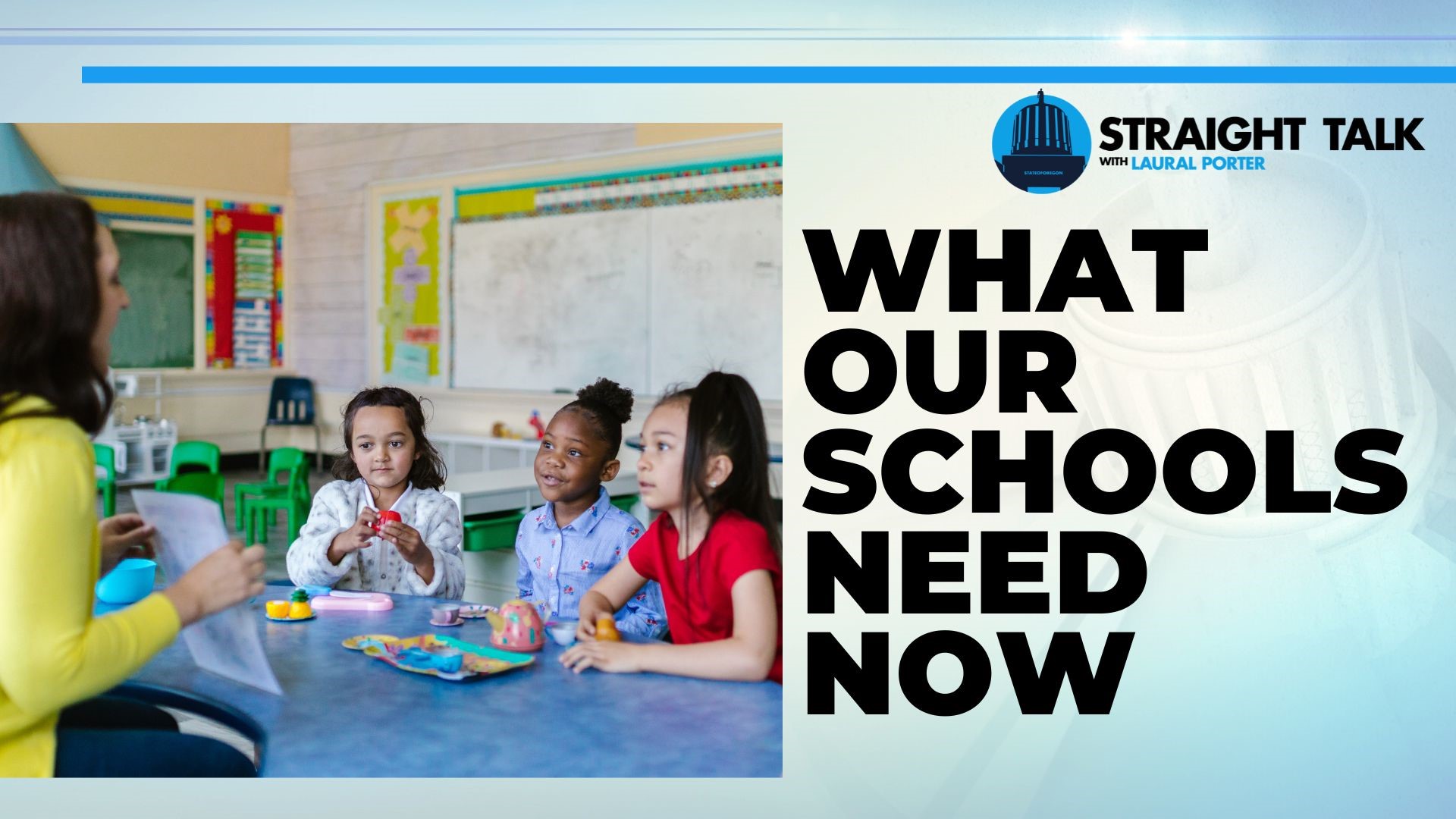PORTLAND, Ore. — As communities in Oregon and across the country deal with the effects of the pandemic, rising crime, including gun violence and hate crimes, and economic hardship and uncertainty, those issues are showing up in classrooms, and the superintendents of Oregon's two largest school districts say schools are not equipped to meet the needs of some students on their own.
In the past two years, as students swing from online learning, to hybrid schooling, and back to in-person learning, mental health challenges and behavioral issues have ramped up in schools. While most kids have adjusted to the changes, the superintendent of the Salem-Keizer School District, Christy Perry, told KGW that for about 10-15% of kids, "the challenges are so great that they're really on the verge of heartbreaking."
Schools are facing "tremendous pressure" to get caught up from the years lost to pandemic closures, Perry said, and everyone from administrators to teachers to kids are feeling it. While they're working to address the learning loss from the past few years, they're also contending with the disparities amplified by the pandemic, and wider societal issues.
"Our students and their families have not been immune to the trauma and instability of homelessness and addiction and gun violence and mental and behavioral health," said Guadalupe Guerrero, the superintendent of the Portland Public School District.
Both superintendents agree that students' social and emotional needs must be addressed before academic learning can begin. Teachers and parents who've spoken with KGW in the past year said that fights and attacks within SKSD, both on staff members and other students, have gotten so bad that they're leaving the district. Educators in the district are doubling down on teaching school routines and behavioral expectations to try and regulate the school environment, and Perry said the district has spent more than $38 million dollars social and emotional learning supports.
"And it's not enough," she added.
In Portland Public Schools, a series of shootings involving students near schools in recent months has students and their families on edge. Guerrero said the district is trying to be proactive about campus security measures, including using cameras, adding campus security agents, and addressing mental and behavioral health within the schools. "But these issues the community is contending with are now involving our youth," he said. "Inevitably the broader challenges that our community are facing are going to enter the schoolhouse."
"It isn't fair for our educators, who are equipped to be teachers of reading and writing and math, and maybe not mental health in this way," Perry said.
Both agree that local and state leaders need to step up to help meet the needs of public schools.
"We've got to have a much more compelling children's agenda," Guerrero said.
Both administrators said they want Oregon legislators to focus on adequate funding for K-12 education during this year's session, and to enable them to offer early literacy programs, summer school and partnerships that can address the social and emotional needs of students and staff.
Straight Talk airs Friday at 7pm, Saturday and Sunday at 6:30pm. Straight Talk is also available as a podcast.
WATCH: Straight Talk playlist

